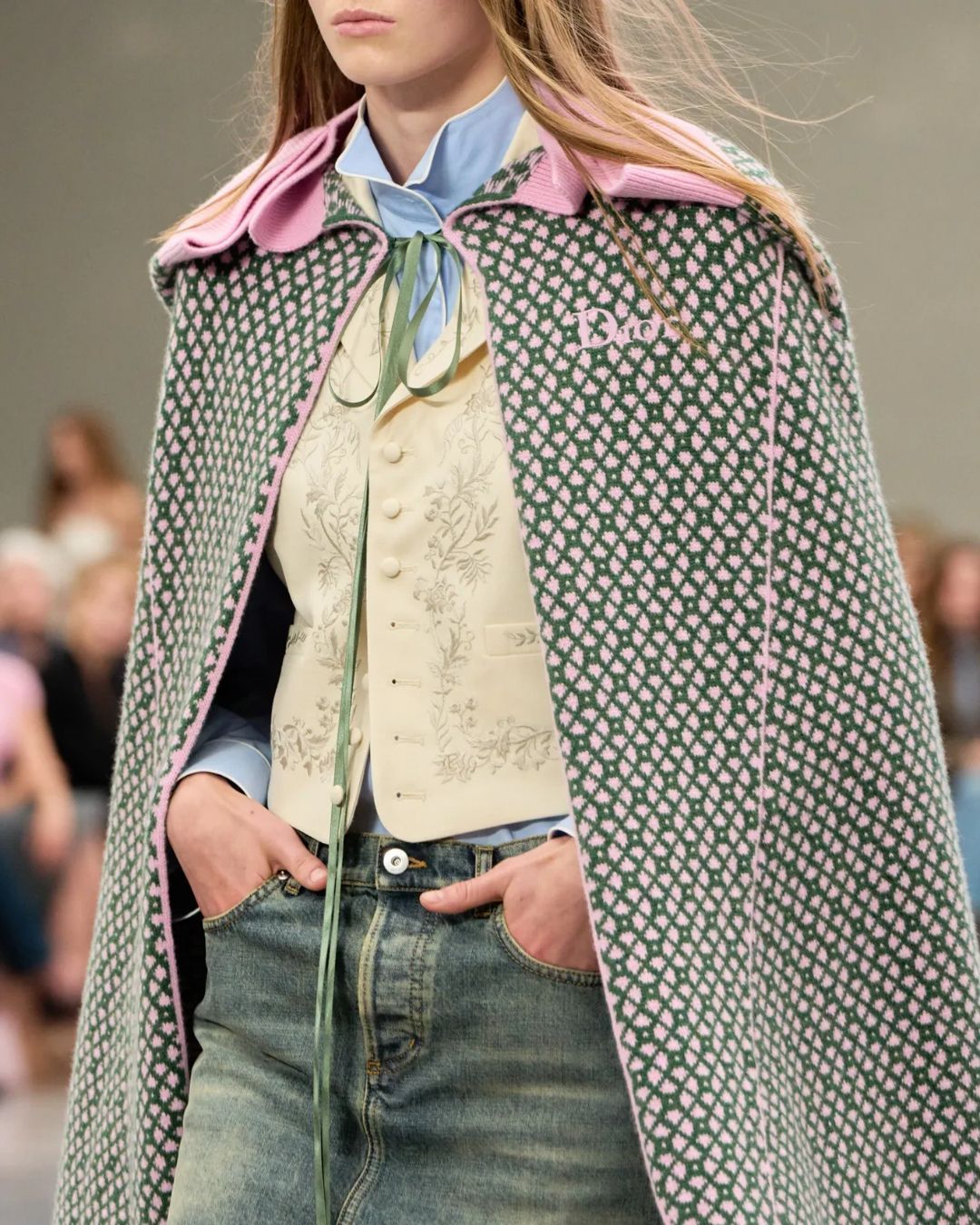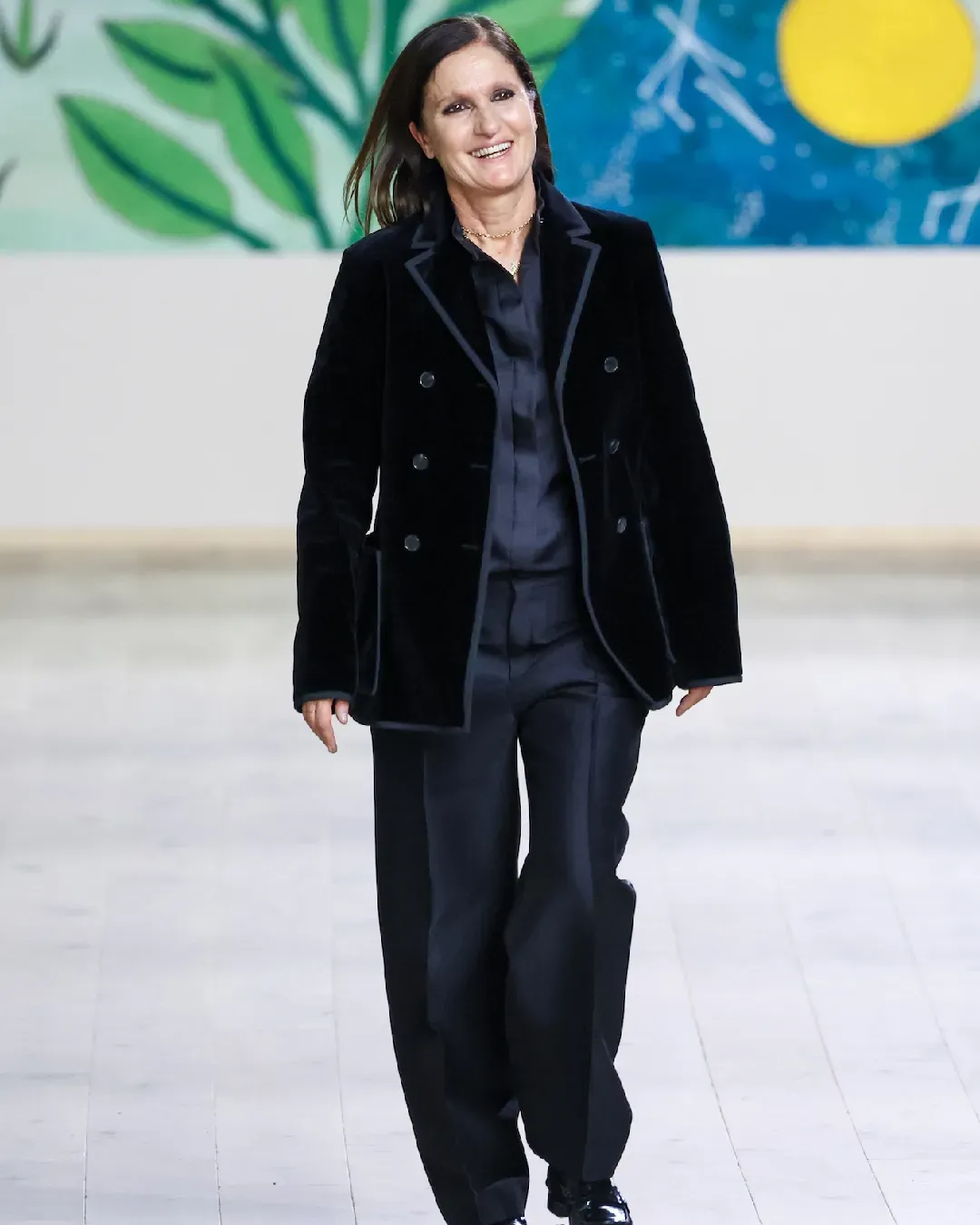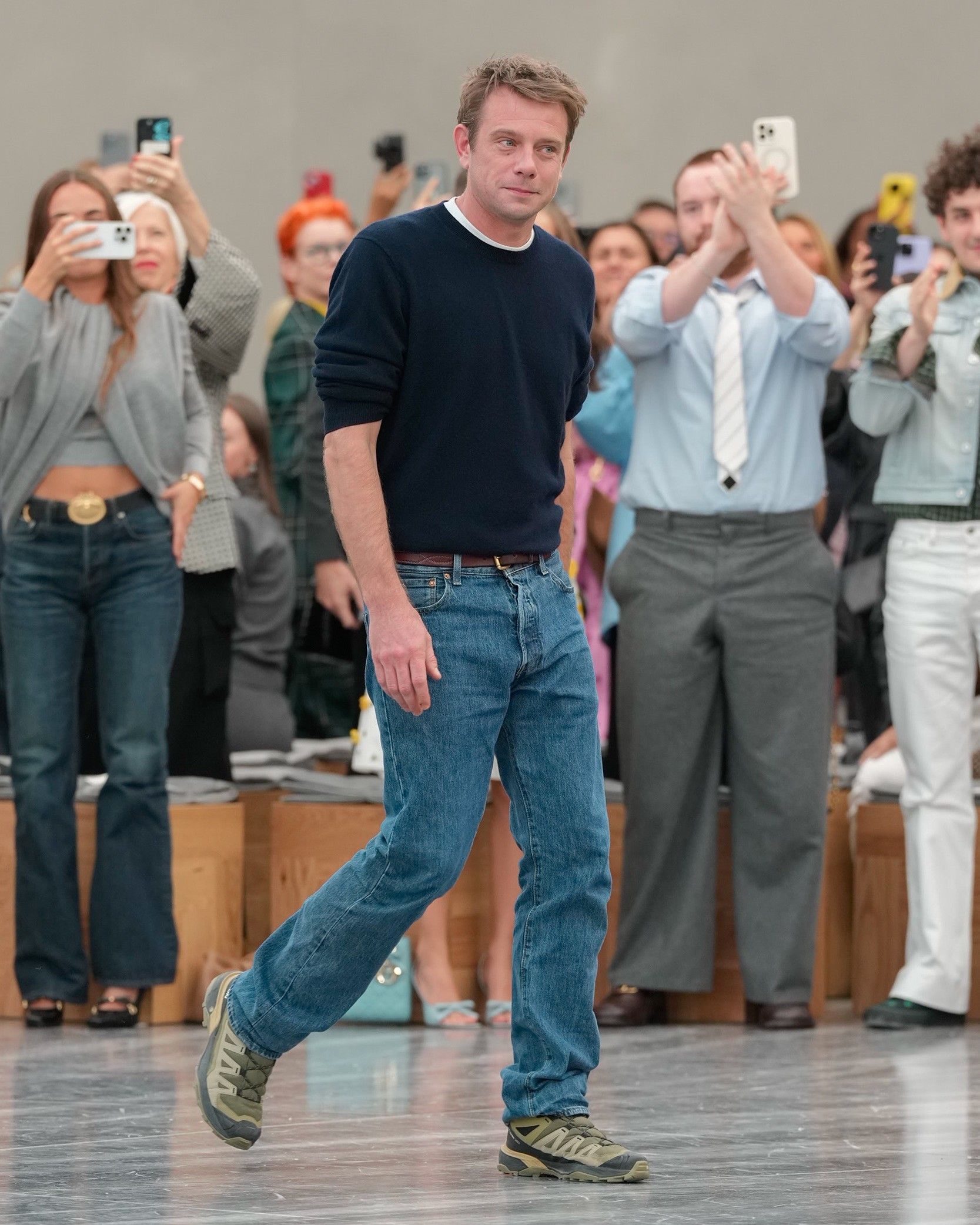
Dior's latest campaign was accused of cultural appropriation The social media backlash poses the question: have we all become too sensitive, or just enough?
The past few years in fashion have been crucial for the criticism of the morals and ethics of brands internationally. From Prada being accused of promoting blackface, to D&G’s racism scandal in China to Gucci’s blackface sweater earlier this year. 2019 has been the year where fashion brands have been forced to listen to their consumers, primarily because of the power of social media backlash and the financial consequences which such a scandal may bring.
The latest Maison to suffer the wrath of the Twitter and Instagram critics is French luxury goods company Dior who over the weekend released a campaign for their new fragrance called Sauvage. The campaign accompanied by the perfume’s release was accused of cultural appropriation and racism as it was centered around Native American culture. On the weekend, the brand released via Instagram the campaign’s video featuring actor Johnny Depp, with the caption An authentic journey deep into the Native American soul in a sacred, founding and secular territory.
In the video, the actor is seen wearing a cowboy hat while he plays an electric guitar and narrates the clip, while the film goes between him and Canku Thomas One Star, a member of South Dakota Rosebud Sioux Tribe as he dances in a tribal feather dress.
The main issue that sparked the controversy around the campaign was the use of the word “Sauvage” (translated to Savage in English) and its association with Native American culture. The significance of the word in its French form is a derogatory term used in reference to French indigenous people, and the English form is also known for its racist connotations in regards to describing people of Native American descent. So naturally, this created a level of tension for the brand. The second red flag may have been the use of Johnny Depp as the campaign’s star. Depp is reportedly primarily of English descent with some Belgian, Dutch and French roots. However, during an interview in 2002, the actor claimed to have some trace of Native American roots. Since then he has been under scrutiny as to whether he is actually Native American or not even though he was eventually adopted as an honorary son by a member of the Comanche Nation following the promotion of his film The Lone Ranger.
In the campaign’s official press release Dior claims:
As soon as we began to evoke Native American imagery and symbols in this new film, the House of Dior, Jean-Baptiste Mondino and Johnny Depp immediately decided to contact Native American consultants who are enrolled citizens of the Comanche, Isleta and Taos Pueblos and the Pawnee Nation, with years of experience fighting cultural appropriation and promoting authentic inclusion.
The brand also pointed out its work with Americans for Indian Opportunity (AIO) who approved the campaign’s plans and received a donation from the Maison.
Following the social media backlash, Dior has since deleted the campaign from its Instagram, Facebook, etc. amidst the debate and conversation about whether this was an instance of cultural appropriation or not. While many people seem to be defending Dior, claiming nothing harmful was done, others are angry at the brand’s commercial use of Native American culture.
Many are also accusing millennials and social media users of being too sensitive nowadays, claiming some accusations unnecessary and possibly vindictive. Which of course, may be true to an extent, not everyone in the social media army may have good intentions. However, at the same time, why not question everything? Why not spark conversation? Why not question why a French brand became suddenly interested in Native American culture? Why not discuss their need to include a face of Hollywood as the major subject while paying homage to an authentic culture? Otherwise, how will we know the boundaries between too sensitive and just sensitive enough?
Although Dior seemed to have the genuine support of members of the Native American community to support their campaign, this was not related in their caption via Instagram or neither in a response to the social media backlash. Perhaps, in the future, instead of immediately deleting all traces and campaigns, brands may want to consider analyzing their position and possibly find ways to join the conversation with their accusers or hire people with the capabilities of doing so.

















































